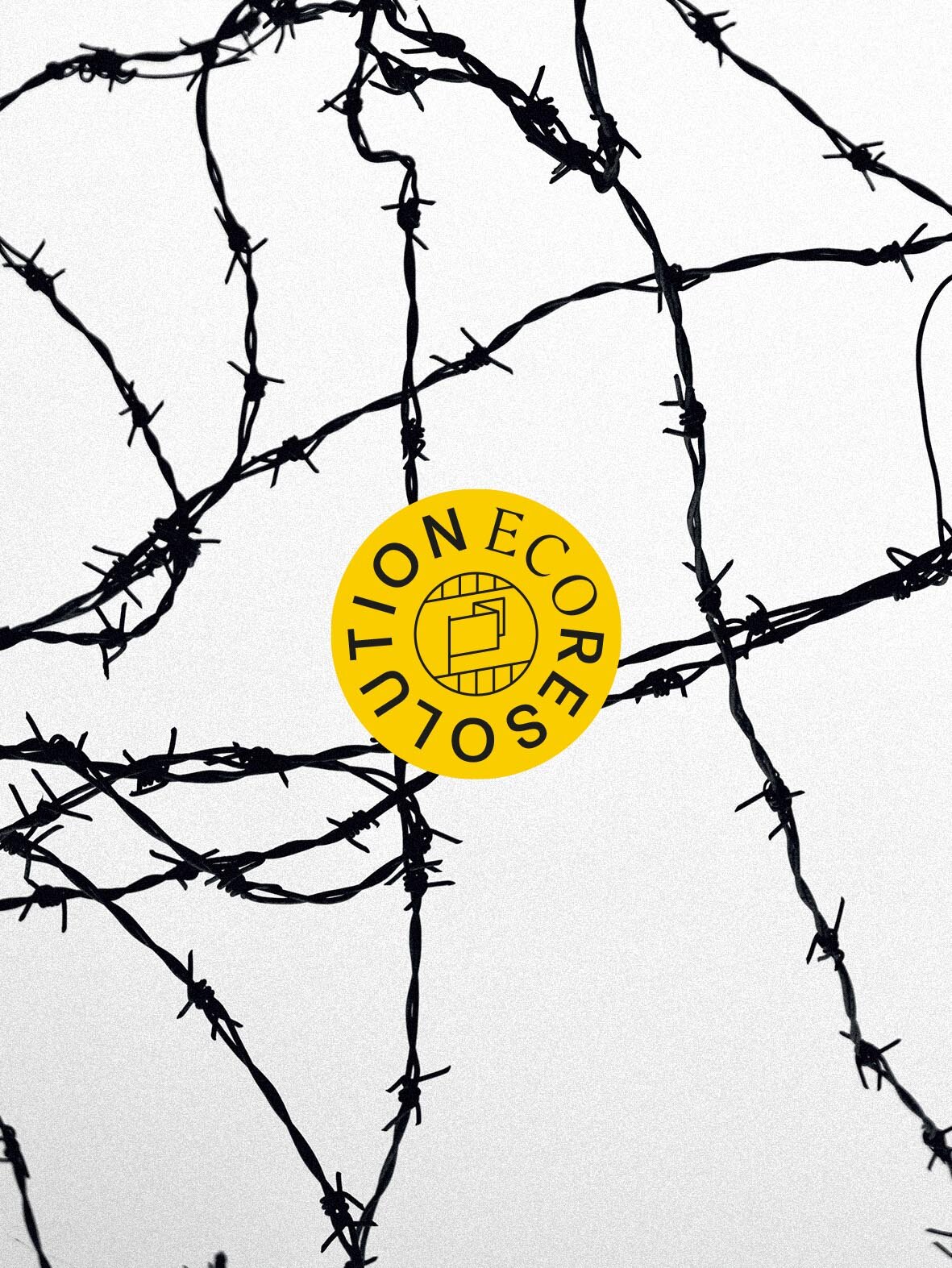Climate & Conflict
“There is no worse aggression against Mother Earth and her children than war. War destroys life. Nothing and nobody can escape war... Thus, the environment will never be the same after a war. Wars are the greatest waste of life and natural resources.”
– Bolivian President Evo Morales, “Commandments to Save the Planet, Humankind and Life”
War is devastating. ‘Never Again’ was the resounding response in the aftermath of World War I. Yet again and again we bear witness to global wars gripping the planet, demonstrating how the increasing militarisation of society at large is both a cause and effect; of war’s inevitability under our current system.
The relationship between climate degradation and violent conflict appears tragically, maddeningly cyclical: the climate crisis exacerbates already dangerous social and political situations that lead to armed response, which profoundly harms the natural (and social and political and economic and cultural and spiritual) environment. Basically, one begets the other: expedient (i.e., short-sighted) military interventions on chaos leads to—you guessed it—more chaos… To which the solution is more conflict? And round and round we go. It’s the political equivalent of getting into a fist fight with the wind.
The early 21st Century, for example, saw Syria’s worst drought in 500 years, the subsequent crop failures forcing farmers into cities and further stressing both unemployment and political turmoil, which triggered the 2011 uprising. This progression was visible across the Middle East; in Yemen, Egypt and Libya, to name a few, highlighting the intersection of climate and conflict in recent years. It’s no coincidence that countries suffering from ecological disasters are also the sites of war. As temperatures rise, so too do all associated pressures.
Mainstream rhetoric frames climate change as a “threat multiplier”, that will worsen catalysts to conflict “such as poverty, environmental degradation, political instability, and social tensions – conditions that can enable terrorist activity and other forms of violence”, according to D.C. security expert Kurt M. Campbell. This terminology shows the limited scope of governments when viewing the issue as a game of militarised Whack-A-Mole rather than the cumulative result of widespread systemic shortcomings that requires a rethink. It’s evidently easier to point the finger at a few ‘bad actors’ and send in armiesto ‘deal with them’ in lieu of addressing root causes – or their own culpability as leaders.
Another crazy non-coincidence is the fact that wealthy, well-armed nations such as the UK, EU, USA and Australia, who also just-so-happen to have access to powerful military protections, have characterised climate change along these superficial (and convenient) lines; as a potential trigger for conflict and terror requiring forceful suppression by the ‘democratic west’. Sadly, but not unsurprisingly, it is the poorer nations suffering the worst effects of the ecological emergency and outbreaks of unrest that frame the issue more clearly; as one of collective responsibility, particularly owed by the most polluting nations (like, say, those mentioned above) to the now war-torn and disaster-prone Global South. The people suffering the worst of the climate crisis are those contributing the least, and to top it all off are now being targeted as ‘threats’ with militarised security responses as a result.
The real solution lies not in dropping bombs or policing borders to keep refugees out of safer lands, but rather a radical shift in thinking; away from the reactionary, towards holistic policies that facilitate compassionate and sustainable approaches to peacekeeping – between both people and planet. To truly prevent conflict we must confront (and allow ourselves to be confronted by) the underlying cause of climate change, rather than repeatedly attack its mere symptoms, which will only lead to their worsening over time.
It’s vital that peace, social justice, and environmental activists work together in a combined movement to secure our future. A rising tide must lift all boats: a peaceful world isn’t possible without climate justice, just as the latter isimpossible if ‘security’ remains the global priority.





